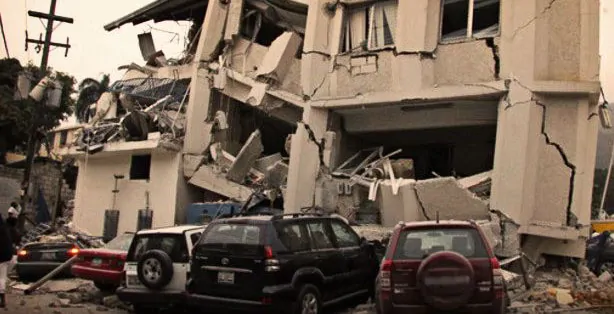I have a confession to make. I find it hard to reject apathy. Theologically speaking, I am completely there or at least I want to be, but sometime I find myself aimlessly floating between being so focused on things I can’t control and oblivious to things I should pay far more attention to.
Like too many of us, I am completely saturated by tragedy. In my very short life time, I have witnessed bombings, hurricanes, tsunamis, airplanes crashing into things, racism born out of planes crashing into things, homophobia, homelessness, fires, wars, financial meltdowns and earthquakes—all in full and living color.
We don’t have to imagine tragedy. It is always glaring us in the face. It can’t help but make us numb. And as we try to respond to these horrific events, we join Facebook group, write checks to help causes and within a few weeks, we forget that people we never knew are now dead. If we are intentional, we will develop disciplines that will make us better stewards of our resources, living more environmentally friendly and more socially conscious, but there is so much out there and I am desperately trying not to be overwhelmed.
The only thing that really gives me any solace is that God calls others to do God’s work too. It is not just on me or those directly around me. There are countless people whom I have no connection to doing important work in the name of the gospel. And this work has always been more than any one person can handle.
From the time Jesus sent out the eighty until now, each of us have been given tasks to help build the kingdom of God. And it’s a glorious thing because we are tied to a much larger communion of people who are trying to be more faithful.
But at the same time, there is a tension when we talk about tragedy. In our desperate attempt to make sense of it all, we do something very normal. We blame God.
We blame God because we want to blame tragedy on someone or something out there. But God is not a puppet master pulling strings for God’s own amusement. Jesus shows us that God is very different from that image.
At various moments within the gospels, we see Jesus tied to those around him. We find Jesus laughing with children, eating with his disciples, and emotionally moved by those he meets. At points, we see Jesus cry, tortured, and completely captured by sorrow.
We forget that for much of Israel’s story, God is wandering with them, walking with them, and sharing in their experience. But most of all, we forget that when Elijah encountered God, he found God was not in tornados, fires or even the earthquakes. God was in the whisper. And maybe, just maybe, all of the little things, the every day things, each of us have done and will continue to do will leave a far more significant difference.
And to the people of Haiti, we will try to love you more fully in the days to come. We will raise money and petition the political powers to forgive your debt. We will pray for a time of Jubilee to grace your country. But if we forget, forgive us, be patient with us and pray for us. Pray that we will remember you are still in need and pray for us to strive to be better neighbors. Help us remember that Jesus walks with widows, orphans, and the homeless. And help us remember that where you are, Jesus will also be.
Chris Bernard is the Pastor for Youth and Families at St. James by-the-Sea Episcopal Church in La Jolla, California and a Mentor for InterVarsity’s Emerging Scholars Network.





















